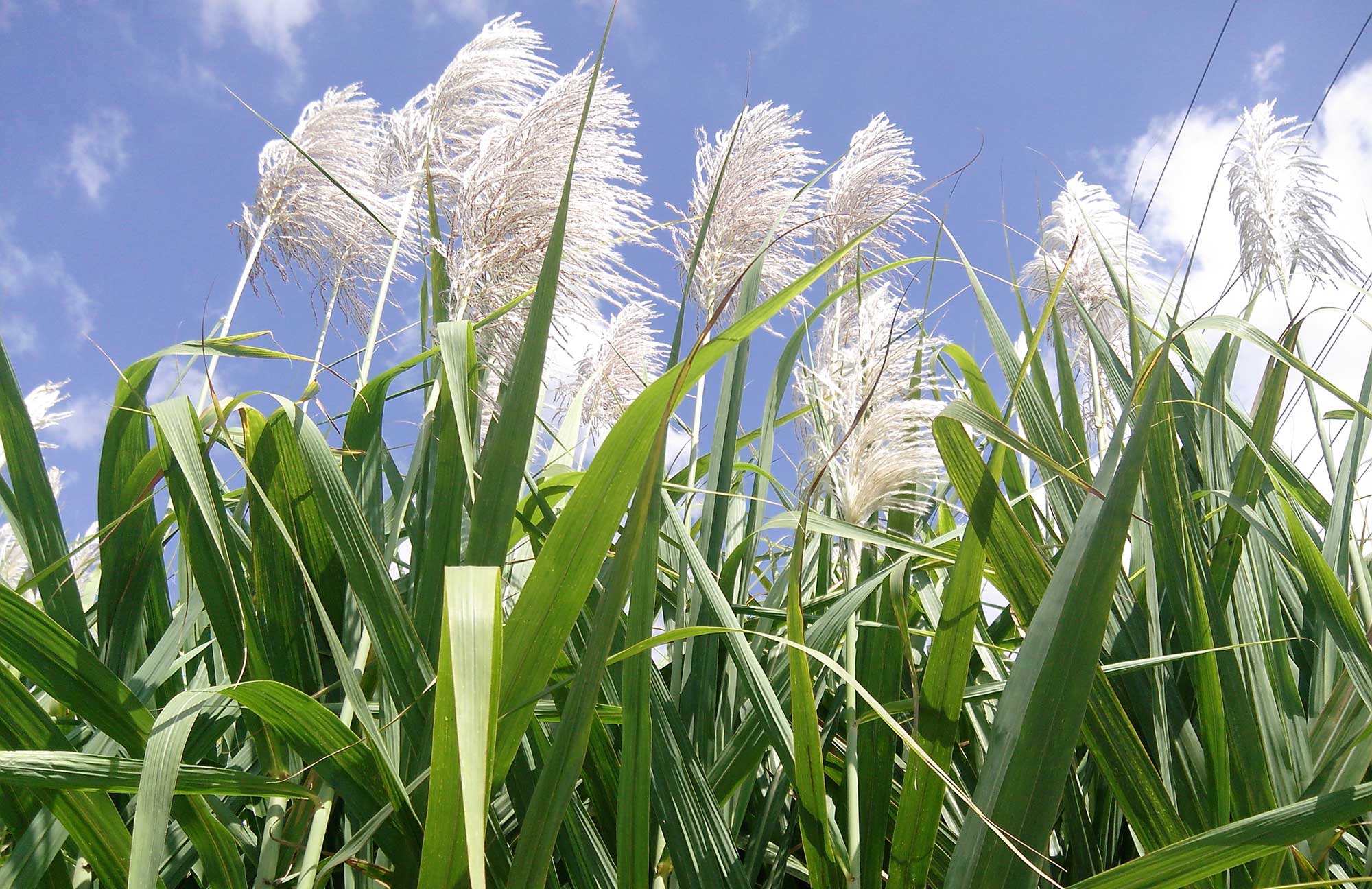Why Sugar and Cane Are Essential Ingredients in Baking and Cooking
Why Sugar and Cane Are Essential Ingredients in Baking and Cooking
Blog Article
Why Walking Cane Sugar Processing Chemicals Are Critical for Modern Sugar Refining
The role of cane sugar processing chemicals in contemporary sugar refining can not be overemphasized, as they are important to improving both the efficiency of extraction and the total high quality of the last item. Representatives such as phosphoric acid and particular flocculants are used to remove impurities, causing sugar that not only meets consumer assumptions but also sticks to market requirements. Nevertheless, the ramifications of these chemicals expand beyond top quality, discussing market characteristics and environmental factors to consider. This increases vital concerns regarding the sustainability of such methods and their effect on the future of sugar manufacturing.
Duty of Handling Chemicals
The effectiveness of walking cane sugar processing pivots dramatically on the tactical application of handling chemicals. These chemicals play a crucial duty in enhancing the efficiency and quality of sugar extraction and refining. From the initial stages of juice removal to the last purification steps, processing chemicals facilitate various critical procedures.
In the removal stage, chemicals such as phosphoric acid and calcium hydroxide are utilized to enhance the information procedure, aiding to get rid of impurities and put on hold solids from the walking cane juice. This not just enhances the return however likewise ensures the clearness of the last item. Furthermore, agents like flocculants help in the quick settling of impurities, therefore streamlining the general procedure.
Activated carbon and ion exchange materials serve to get rid of shade and odor, guaranteeing that the refined sugar meets customer quality criteria. Thus, the careful choice and application of these chemicals are crucial for achieving ideal outcomes in walking stick sugar handling.
Key Sorts Of Chemicals
Cane sugar processing counts on a range of essential chemicals that facilitate each phase of manufacturing. These chemicals play necessary duties in clearing up, lightening, and detoxifying the sugar drawn out from cane.
One main category of chemicals consists of flocculants, such as polyacrylamide, which help in the explanation procedure by promoting the gathering and settling of pollutants. Additionally, calcium hydroxide is commonly employed to neutralize acidity and help in the removal of non-sugar parts.
Lightening agents, such as triggered carbon and sulfur dioxide, are made use of to decolorize the syrup, leading to a clearer end product. These chemicals assist get rid of color substances that may influence the sugar's look and bankability.
Furthermore, phosphoric acid acts as a pH regulatory authority throughout the processing stages, making sure optimal conditions for the chemical tasks involved in sugar removal and filtration.
Various other essential agents include edta (ethylenediaminetetraacetic acid), which chelates metal ions that could militarize undesirable responses, and salt hydroxide, which helps in pH control throughout the refining procedure. Collectively, these chemicals boost effectiveness and make sure a high-quality cane sugar product.
Benefits for Sugar High Quality
Typically ignored, using particular processing chemicals substantially improves the overall quality of cane sugar. These chemicals play a critical function in refining processes, making certain that the last product fulfills rigorous sector criteria for pureness and taste.

In addition, refining chemicals assist in attaining a constant granulation and structure, which are critical for customer approval. By regulating the condensation procedure, these chemicals make sure that the sugar crystals form consistently, bring about a more appealing product that dissolves well in different applications.
Moreover, making use of these chemicals can improve the rack life of cane sugar by decreasing wetness absorption and microbial development. Overall, the tactical application of handling chemicals is vital for providing top notch cane sugar that satisfies consumer expectations and sector demands.
Environmental Impact Factors To Consider

Moreover, the energy-intensive nature of sugar see this site refining, worsened by chemical use, typically causes increased carbon discharges. This adds to climate change and raises problems regarding the sustainability of current refining methods. In addition, the sourcing of these chemicals may include practices that endanger biodiversity, such as monoculture farming, which decreases the strength of farming environments.

To reduce these influences, sugar refiners are increasingly exploring lasting alternatives and taking on finest techniques that decrease chemical usage. Executing strenuous environmental administration systems can assist make certain that the refining process straightens with environmental requirements and advertises biodiversity. Eventually, a well balanced method that prioritizes both sugar quality and ecological stewardship is crucial for the long-lasting stability of the sugar sector.
Future Fads in Refining
As the sugar market comes to grips with the environmental obstacles related to traditional refining techniques, innovative strategies are emerging to enhance both efficiency and sustainability. One significant pattern is the adoption of eco-friendly chemistry principles, which prioritize the usage of non-toxic, biodegradable processing chemicals. This shift not only decreases environmental influence yet likewise addresses customer demand for cleaner manufacturing methods.
One more appealing growth is the execution of sophisticated filtering innovations, such as membrane splitting up and adsorption processes. These techniques enhance the clarity and top quality of the sugar while reducing the volume of wastewater created throughout refining. In addition, the assimilation of digital innovations, consisting of IoT and AI, is changing operational performance by making it possible for real-time tracking and anticipating maintenance, thus reducing source waste.
Furthermore, making use of by-products from sugar refining, such as bagasse and molasses, is gaining traction. These products can be exchanged biofuels or value-added items, contributing to a circular economic situation within the sector. Collectively, these trends indicate a change towards even more sustainable methods that not just boost operational effectiveness yet also straighten with global sustainability objectives, making sure the future stability of sugar refining.
Verdict
Walking cane sugar handling chemicals are necessary in modern-day sugar refining, considerably boosting the effectiveness and quality of sugar removal. The calculated use of these chemicals not only boosts the purity and taste of the final product yet likewise guarantees constant formation and texture. As the sector increasingly focuses on sustainability, the adoption of environmentally-friendly handling representatives is likely to shape future fads in refining, inevitably bring about better products and prolonged life span for consumers.

Inevitably, a well balanced strategy that prioritizes both sugar top quality and ecological stewardship is necessary for the long-term click for more viability of the sugar industry.
Cane sugar handling chemicals are essential in modern sugar refining, substantially improving Visit This Link the effectiveness and quality of sugar extraction.
Report this page